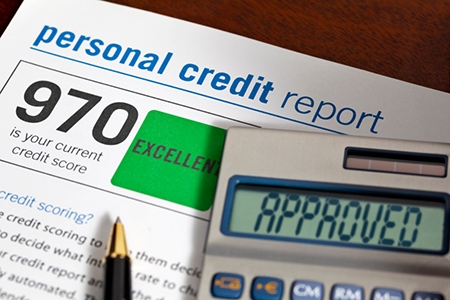
Changing schools is a major adjustment for kids. When a child and their classmates graduate and move to a new school together, everyone is in the same boat. When a family moves to a new area and a child must adjust to a new school and group of peers, the transition can be more challenging.
Help Your Child Prepare
Visit the school in advance so your child can find their classroom, the bathrooms and the cafeteria. If there’s an orientation before the beginning of the school year, be sure to attend. If your child is transferring after the academic year has started, ask the school to assign a “buddy” to show them around.
Visit the school in advance so your child can find their classroom, the bathrooms and the cafeteria. If there’s an orientation before the beginning of the school year, be sure to attend. If your child is transferring after the academic year has started, ask the school to assign a “buddy” to show them around.
Make sure your child knows how to get to the bus stop or how to walk to school. Walk the route together and be sure they know the names of streets and landmarks to help them navigate. And don’t forget to get a list of supplies your child will need from the teacher—they’ll feel more at ease on the first day with all the necessary materials.
For a few weeks before the beginning of a new academic year, have your child go to bed and get up as if they’re already going to school. This will make the transition less stressful and overwhelming.
Talk to Your Child
Stay positive. If your child and his or her peers are moving to a new school together, talk about the opportunity to see old friends and enjoy new experiences together. If you’re moving to a new area and your child doesn’t know anyone, frame it as a chance to make a new group of friends.
Stay positive. If your child and his or her peers are moving to a new school together, talk about the opportunity to see old friends and enjoy new experiences together. If you’re moving to a new area and your child doesn’t know anyone, frame it as a chance to make a new group of friends.
Discuss your child’s concerns. You might think that your child is most nervous about academics, while they may be more focused on making friends, joining the band or earning a spot on a varsity athletic team. Ask your child what’s on their mind and address any specific worries. Remind them of other occasions when they were in an unfamiliar situation and ways they effectively dealt with the changes.
How to Help in the First Days
Eliminate stress as much as possible on the first morning of school. Pack a lunch or give your child lunch money the night before. Have your child pick out clothes to wear and make sure they’re appropriate for the school and the weather.
Eliminate stress as much as possible on the first morning of school. Pack a lunch or give your child lunch money the night before. Have your child pick out clothes to wear and make sure they’re appropriate for the school and the weather.
Encourage your child to explore school activities. Whether they enjoy sports, art, music, theater or other extracurricular or academic activities, the school likely has a group where they can meet like-minded peers.
A Big Adjustment
Switching schools will be stressful for your child, but you can make the transition easier. Be positive, talk about what to expect and discuss any concerns or fears. With some time and support, your child will soon feel at home in their new school.
Switching schools will be stressful for your child, but you can make the transition easier. Be positive, talk about what to expect and discuss any concerns or fears. With some time and support, your child will soon feel at home in their new school.




